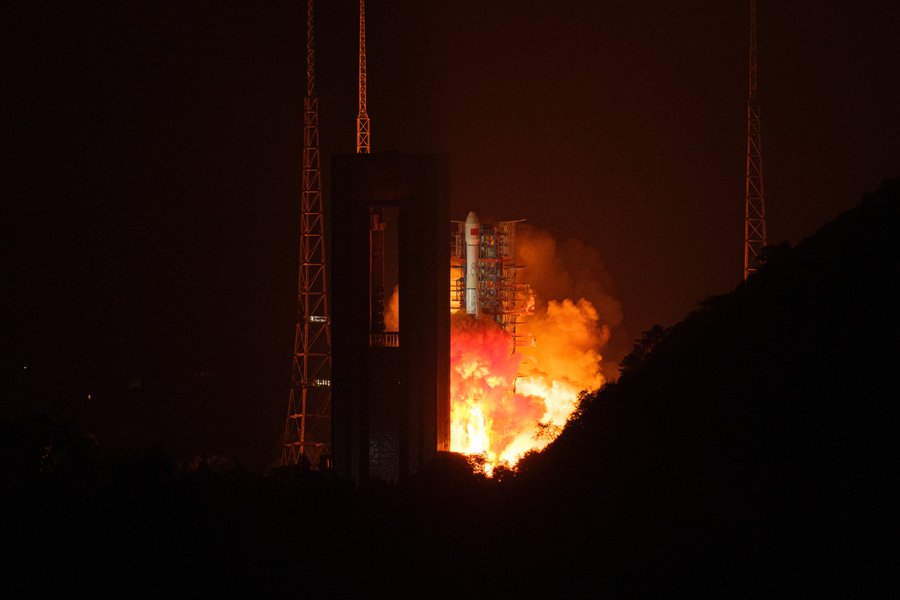
Shenzhen 40 years







Australia is China’s largest supplier of thermal coal, providing up to 35 per cent of the mineral used for electricity generation. Australian exports of coking coal, which is used to make steel, surged by 67 per cent in the first half of 2020 as China embarked on an infrastructure led recovery from the coronavirus.


Visit Mongkok again to pick up the unserviced camera at the Nikon Service Center.











At the Xichang Satellite Launch Centre, China successfully launched the Gaofen 13 satellite with the Long March 3B launch vehicle, and the satellite smoothly entered into its predetermined orbit.

Gaofen 13 is a high-orbit optical remote sensing satellite mainly used in such fields as land census, crop estimation, environmental management, meteorological early warning and forecasting, comprehensive disaster prevention and mitigation, and can provide information services for national economic development. Gaofen satellites are ideal for civilian use due to its vast coverage and high resolution observation capability, but they could also be used for military purposes during extreme times, just like satellites from other countries
The mission was the 349th flight of the Long March series of launch vehicles.

The first 25MW dual-fuel gas turbine generator by CNOOC and CSSC has been approved, becoming China’s first with independent intellectual property rights, breaking the monopoly of foreign gas turbines in domestic offshore oil and gas exploitation.























